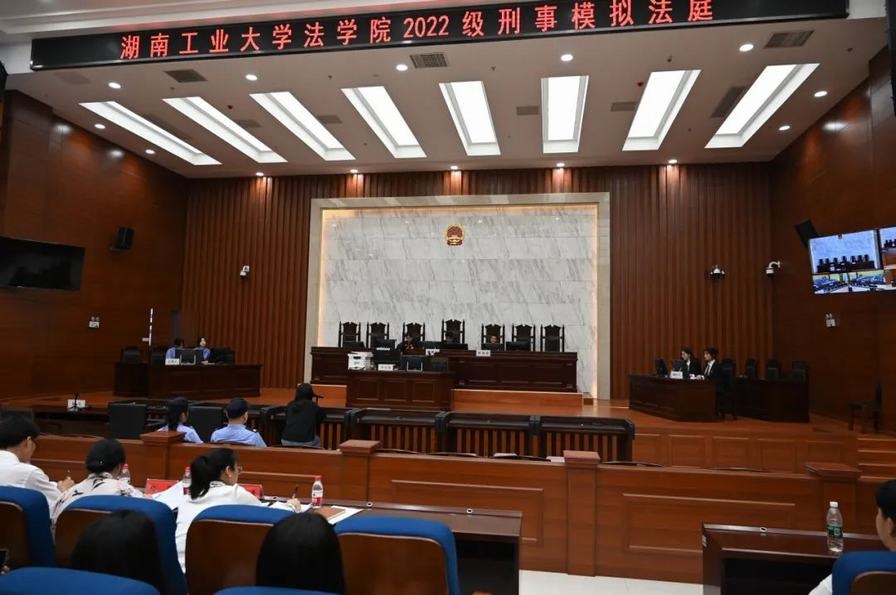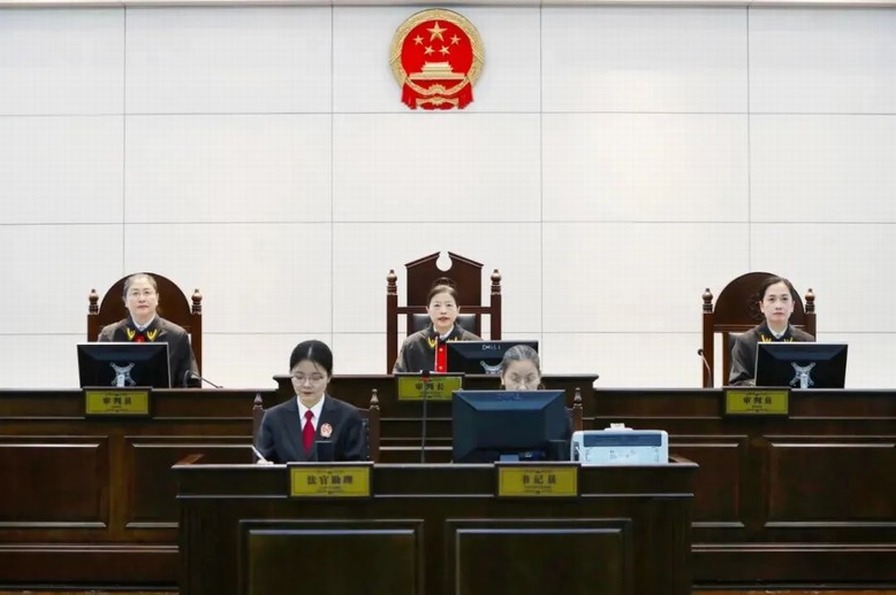
The user is seeking to understand the English translation for the Chinese term "同一人声明公证", which refers to a notarization procedure that verifies the identity of an individual, ensuring that all documents and identities presented indeed belong to the same person. This process is crucial in legal scenarios where multiple documents or identities need to be reconciled under one individual's name, particularly in cases involving name changes, adoption, or the use of aliases.
From a legal perspective, this type of notarization serves several critical functions:
Identity Verification: It confirms that all documents provided by an individual indeed belong to the same person, thereby preventing fraud and identity theft. In China, this is governed by the Notary Law of the People’s Republic of China (中华人民共和国公证法), which stipulates in Article 2 that notarial activities aim to prevent disputes and protect the rights and interests of citizens, legal persons, and other organizations.
Legal Consistency: In situations where an individual has used different names or aliases over time, this notarization ensures legal consistency across various documents. According to Article 10 of the Notary Law, a notary office shall conduct a thorough examination of the facts and evidence provided by the applicant to ensure the authenticity and legality of the notarial matter.
Document Authentication: It authenticates the validity of documents and signatures, ensuring that they have not been tampered with or forged. Article 26 of the Notary Law states that a notary shall verify the authenticity and legality of the notarial matter based on the evidence provided by the applicant.
International Recognition: For documents intended for use abroad, this notarization often includes an apostille or certification by a foreign embassy, which facilitates international recognition and acceptance. Although not directly covered by the Notary Law, the Ministry of Foreign Affairs oversees the apostille process in China, as outlined in the Regulations on the Apostille Service (关于办理涉外公证书认证的规定).
Ease of Legal Proceedings: By providing a single, comprehensive document that links all aspects of an individual's identity, it simplifies legal proceedings and transactions. This is indirectly supported by various provisions in the Civil Procedure Law of the People’s Republic of China (中华人民共和国民事诉讼法) that encourage the use of notarized documents to expedite legal processes.
In summary, the "同一人声明公证" or "same person declaration notarization" plays a pivotal role in ensuring the integrity and coherence of personal documentation, both domestically and internationally. It is a testament to China's commitment to upholding legal standards and protecting individual rights through rigorous notarial procedures. The practice is firmly rooted in the Notary Law and other relevant regulations, which collectively aim to create a fair, transparent, and secure legal environment for all citizens and entities operating within its jurisdiction.










